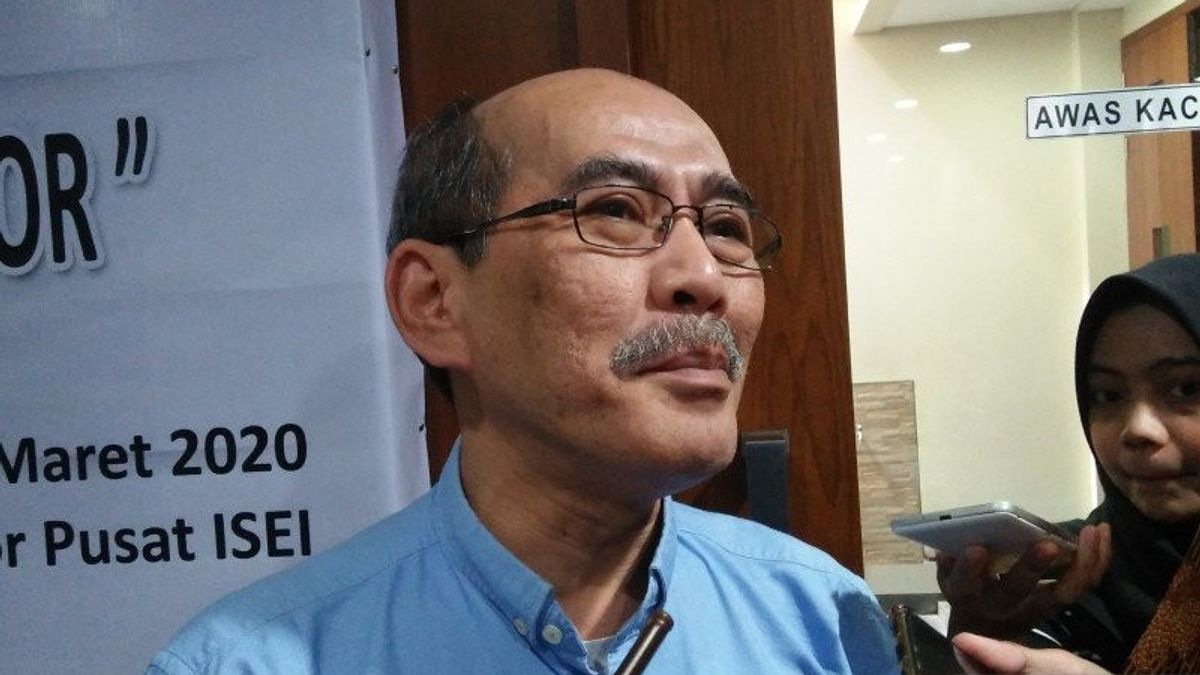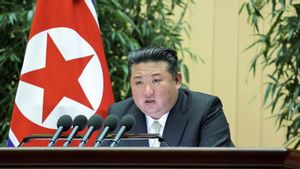JAKARTA - Senior economist Indef Faisal Basri said the facts on the ground show that Indonesia's economic recovery structure is still not evenly distributed.
This is inversely proportional to the government's claim that the country's economic growth in 2022 shows a recovery trend.
Faisal admitted that the Indonesian economy had gradually recovered from the COVID-19 pandemic, with economic growth reaching around 5.4 percent, higher than during the pandemic.
"But the economic recovery that is said (the government) is not entirely true. What grows is wall street. While playing street is still stumbling. It still hasn't recovered from before COVID-19," he said at the Indef 2023 initial record event, Thursday, January 5.
Faisal said that his service sector had fully recovered. Meanwhile, the goods sector, such as agriculture and manufacturing, is still weakening.
With this inequality in recovery, the impact will be very significant on the welfare of the community.
According to Faisal, so far the government has continued to make bad political steps by prioritizing instant results.
"Because it's easy, you can get easy money like cryptocurrency, stocks, which are far from the real world of people," he said.
For example, said Faisal, the growth of the manufacturing industry is considered the most declining. Faisal said, the growth of the manufacturing industry is always lower than gross domestic product (GDP).
In fact, continued Faisal, this industry continues to experience a slowdown before reaching its optimal point. Faisal also estimates that there are early symptoms of deindustrialization in the sector.
Currently, said Faisal, the manufacturing industry's contribution to GDP is only 18.3 percent in the third quarter of 2022. Meanwhile, in 2021, it was at the level of 29.1 percent.
In fact, Faisal estimates that the contribution of the industrial sector to Indonesia's GDP will be overtaken by Vietnam. In fact, far below the country's tension of Malaysia.
A moment later overtaken by Vietnam, but far below the countries of China, Thailand and Malaysia. He is a strong middleweight maker. So if the industry is weak, the middle class will also'mumble'. The formal labor layer is relatively small," he said.
The English, Chinese, Japanese, Arabic, and French versions are automatically generated by the AI. So there may still be inaccuracies in translating, please always see Indonesian as our main language. (system supported by DigitalSiber.id)








